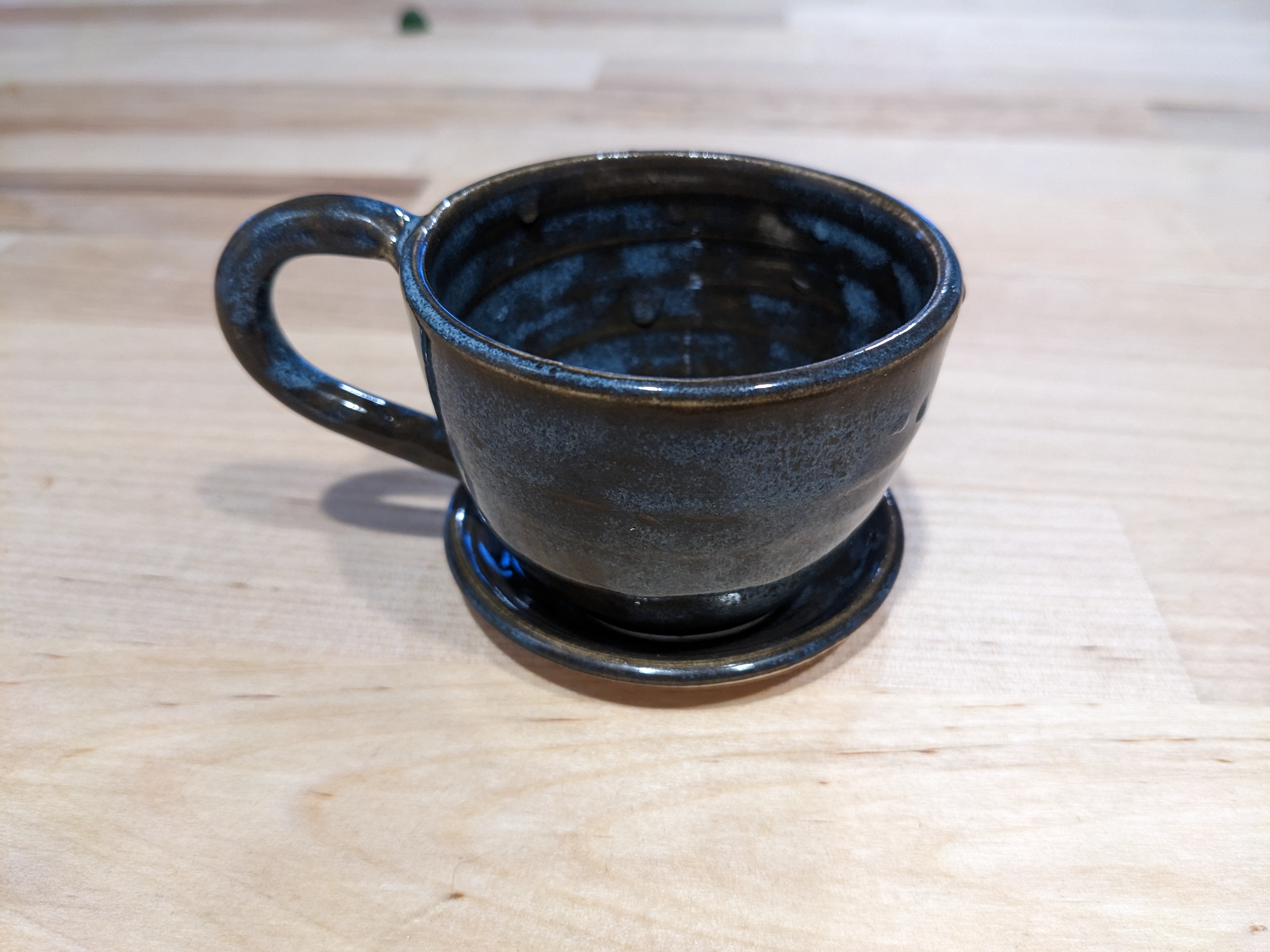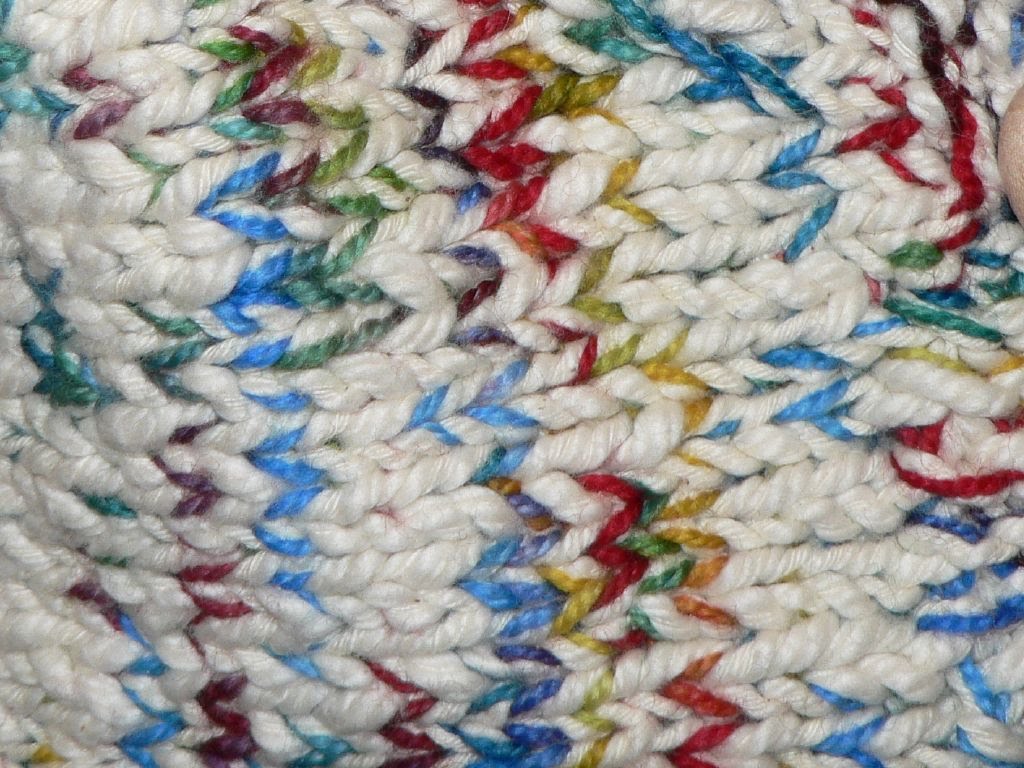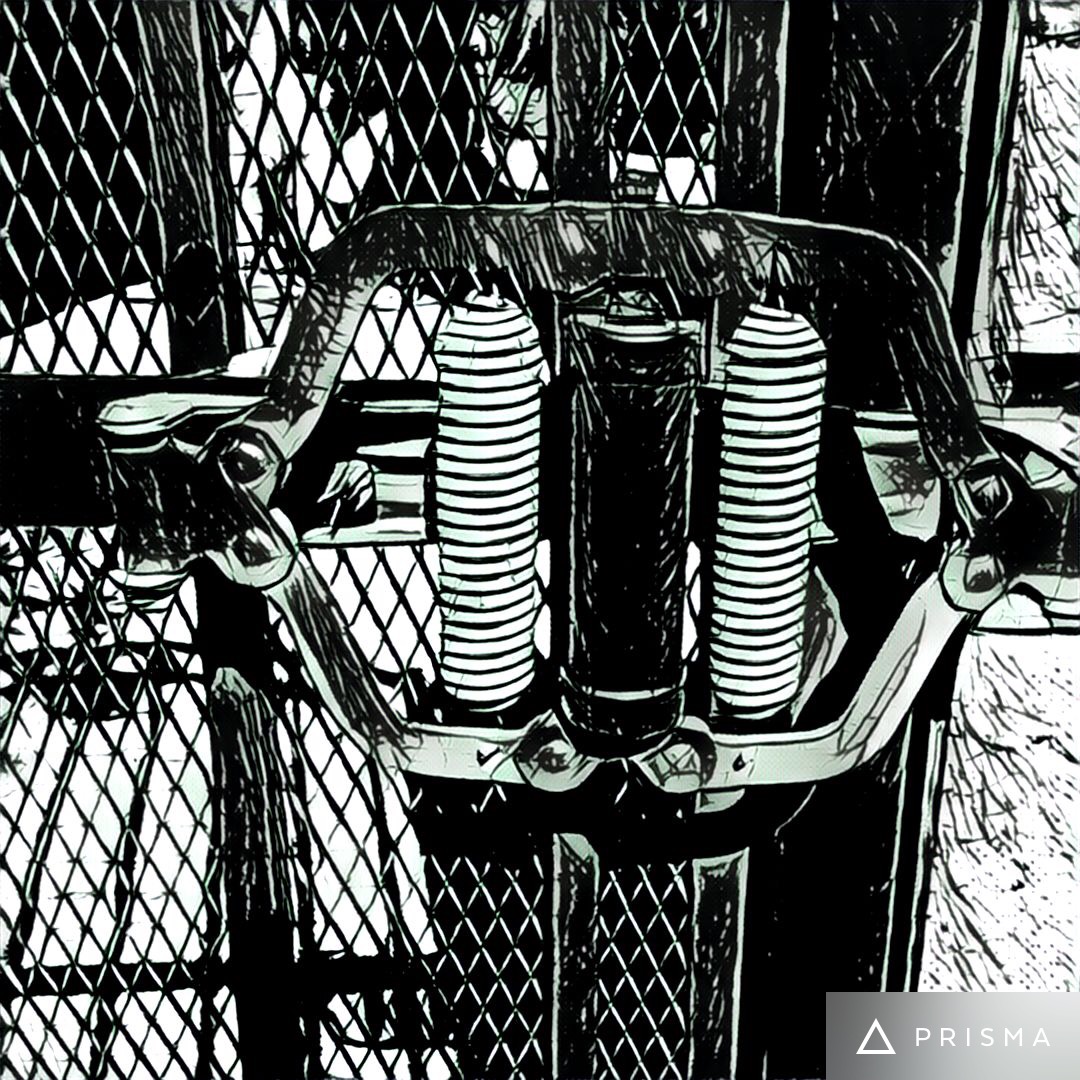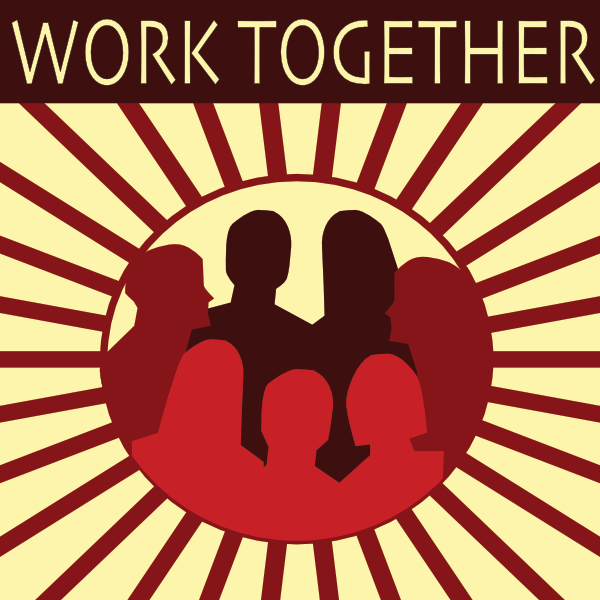Why craft?
I am a process crafter: I enjoy the process of making things, trying new shapes or techniques, experimenting, and growing my skills. As a side effect of these processes, I also get new items! Because I enjoy the process, I very rarely make the “same thing” again: there’s always an opportunity to make it better (or at least differently).
Some people are product crafters: they make things so that they can have the things, or so that they can give the things to other people. If your grandma feels obligated to give a blanket to every new baby, she is a product crafter. Product crafters find joy in having the thing they made, or in giving the thing to its recipient. Time spent crafting is a necessary (and enjoyable) prerequisite to producing the crafted item. Many product crafters will make the same thing again and again, perhaps with a new color or a slightly different shape, because they are good at making that thing and it is relatively easy to make.
Some people are both. They might be process knitters but product crocheters, for example. Or, they might split their projects: these are the baby blankets I need to make using my regular pattern (product), but this is a new shawl just for me (process). I am mostly a process crafter, but there are a few product things I make.
A few people are production crafters: they make a lot of things, as quickly as possible, usually so that they can sell them. Production crafters tend to value consistent, predictable results. They might experiment to become more efficient in their use of materials or the time it takes to produce, but overall they’re looking for high-throughput consistency. They often think about “product lines” rather than specific items. They often worry about the business side of crafting: how much to sell for, where to sell, which products to sell, etc. I am not at all interested in the business side of crafting and therefore do not sell my stuff.
Will you make it for me?
Poster commissions:
I am happy to make prints of existing posters for your personal use, from poster-sized to postcard-sized. I love the fine prints people at Adorama. Email me for specifics on paper/medium, image, and size.
If you want me to design a new poster for your conference or event, I’m happy to make it as long as your meeting and/or organization supports my values and I have the time to design it. You can compensate me with credit and a beverage – I don’t want money for these at this time, because I don’t want to handle paperwork. If I design a poster for you, I’ll send you vector graphics files for you to print. Email me for specifics.
If you have an idea for a specific addition to one of my existing poster series, I’d love to hear it! Email me. If I like your idea, I’ll put it in the queue and send you a copy when I’m done.
Photography prints and digital rights:
I’m happy to make prints for you or release digital copies for your own personal use, as long as you credit me appropriately. It’s not ok for you to make money from my photos, either by selling prints or selling digital images. You should Email me to talk about which images, what size, and what kind of paper and/or matting you’d like.
I took all of the photos you see on this site, and all of the examples of knitting are my work as well.
Pottery:
I throw a lot of functional dishware: mugs, bowls, teapots, plates, etc. My son, who is in charge of emptying the dishwasher, gets angry at me when the cabinets are too full. You can help with familial harmony if you accept a gift of a mug, teapot, bowl, or other ceramic item. I don’t sell them, but I’m open to suggestions for gifts.
They are all dishwasher and microwave safe. Most of the ones you see pictured here are already gone, but let me know what you’re interested in and I’ll see what I can do.
Knitting patterns:
You may use any of these patterns in any way you like, as long as you credit me. I will not knit for you. Knit your own things.
You should totally sell these!
I’m delighted you think my stuff has value. Let’s do a little math.
Knitted socks
Materials: $10-$30
Time: 40-50 hours
Retail for merino socks: $20
Mug
Materials & firing: $7
Time: 2-3 hours over 2-3 weeks
Retail (e.g. etsy): $20-40
Poster
Printing: $10
Time: 10-20 hours
Retail: $20-40
For artists & crafters who make a living from their work, they need to think hard about an hourly rate that’s enough to live on. They need to factor in not just the time spent crafting, but the time spent running the business: marketing, selling online or at markets, packing and shipping, doing their taxes, sourcing materials, etc. Maybe they also have costs to cover like health insurance or booth rent or shipping boxes. If they’re taking commissions, there’s time spent consulting with clients about fit, color, style, etc. Luckily that’s not me: I have a day job that I enjoy very much, so I don’t need my crafting to support my family.
How much is my time worth? The easiest answer is that my crafting hourly time is worth as much as my professional hourly time. Hours are hours, afterall, and I only have so many of them. When I act as a consultant, my regular rate is $1000/day in half-day or full-day increments. So your mug would cost $500 and your bespoke socks in superwash merino would be about $5000; plus materials, of course, but it turns out those costs are tiny compared to my time. Probably this is not what you were looking for? Maybe it’s better if I don’t sell to you, then.
There’s actually some deeper issues that I want to unpack here:
- Capitalism demands that time is money. For an activity or product to have value, it needs to be monetized. Saying, “you should sell this!” is an expression of value: “your things are good enough to be monetized!” You probably mean this as a compliment – and that’s how I’m choosing to interpret it – but I’d like to gently suggest that there are better ways to show appreciation of crafters’ work and expertise.
- You probably thought that the socks were worth about as much as the mug. Ask yourself: why? Knitting is a deeply gendered activity, and one usually associated with elderly female relatives. Knitting and darning are not just an unpaid household chore like doing the taxes or the laundry; they’re an activity especially associated with lower class women who can’t command higher wages for their labor. There’s some deep sexism and classism inherent in undervaluing knitters’ time especially. If you find yourself protesting that knitters knit because they love it, that sounds just like protesting that women should handle all the household shopping because they love it. Labor is labor, even when it’s gendered.
- I do this work because it brings me joy. Running a business – selling at markets or online, coordinating with vendors, worrying about production rates and shipping times, doing taxes – does not bring me joy. I am not interested in that. Commissions for knitting are not fun for me, so I don’t do them. Commissions for pottery and posters represent a fun and interesting challenge, so I’m open to them.




